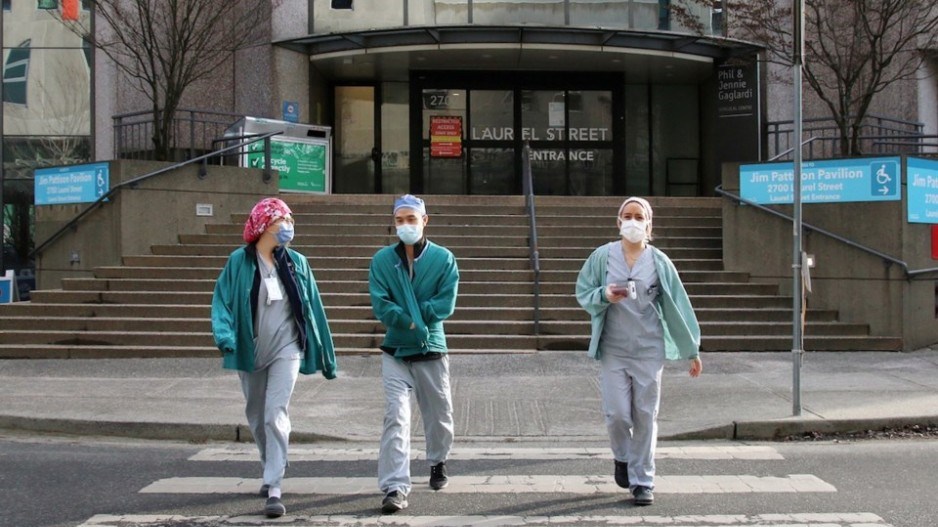The March labour market proved to be the perfect elixir for February.
The province added 5,700 jobs in March after losing 4,800 jobs a month prior, according to data released Friday from Statistics Canada.
The unemployment rate, however, increased from six per cent to 6.1 per cent during that same period.
Notable gains were seen in health care and technology, with both sectors gaining 6,600 jobs.
The most notable losses hit wholesale/retail trade (-8,900 jobs), other services (-7,700 jobs) and natural resources (-4,100 jobs).
Losses were also driven by part-time employment (-4,400 jobs), while the province added 10,000 full-time positions.
Meanwhile, Canada as a whole added 32,600 jobs in March, leaving unemployment to rise 0.1 percentage points to land at 6.7 per cent.
BMO chief economist Douglas Porter described the national figures as the “softest jobs report in three years.”
He said the Bank of Canada will likely still want to see more data before cutting rates further.
“Energy prices and the end of the carbon tax will help dampen inflation pressures,” he said in a note, referring to the national outlook. “However, the Bank has made it clear it is cautious about further cuts at this point. Still, the weak jobs data along with the deep sag in global markets will keep prospects of an April rate cut very much alive.”
For now, he said BMO economists are leaning against a rate cut.
“The impact of trade tariffs appears to be working its way through the economy. Businesses and consumers are naturally hesitant in the face of heightened political uncertainty. Today's report reflects this,” TD senior economist James Orlando said in a note.
He said the Bank of Canada should cut its key rate by 50 basis points when the next interest rate announcement is made later this month.
“The last round of U.S. reciprocal tariffs has mostly excluded Canada additional tariffs directly. But newly implemented (finished) auto tariffs could impact jobs in auto manufacturing and related sectors,” RBC senior economist Claire Fan said in a note. “Moreover, broader U.S. growth-risks from much larger tariffs threatened to be imposed on imports from most of the rest of the world would spill over to negatively impact Canada, as well.”
She is forecasting another cut to the central bank’s key rate in April.


